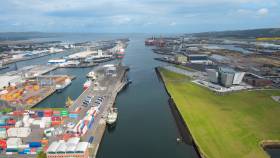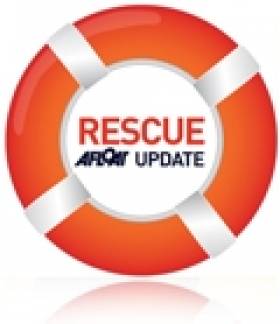Displaying items by tag: evacuation
Evacuation from Ferry Amid Fears of ‘Device’ On Board
#BelfastLough - An evacuation of passengers according to ITV News from a ferry took place after a report that a “device” had been left on board.
The Police Service of Northern Ireland said the Belfast to Liverpool service was held in the Northern Irish capital while the vessel was searched.
At around 12.50am on Sunday, the PSNI said no device was found and passengers were allowed to re-embark.
For more including a statement tweeted by the police click here.
Flood Evacuation Exercise in Fingal This Weekend
Members of the public are invited to attend a major flood evacuation training exercise this Saturday at Broadmeadow Esturary in Swords, Co Dublin.
Rescue and boat rescue crews from the Irish Coast Guard are sceduled to join teams from the Dublin Fire Brigade, the Civil Defence Fire Service and Gardaí in the exercise, which will simulate the rescue of a group of people stranded after a flash flood.
The crews will test water rescue and river search procedures, with an emphasis on general water safety and providing assistance to other search and rescue agencies.
The excercise will begin at 11am on Saturday 16 April and will last for one hour. Members of the public are welcome to observe must must obey any instructions and must not interefere with the exercise.
For more information contact Bill Powderly, assistant chief Civil Defence officer with responsibility for the Fingal Area, at [email protected] or 086 380 5197.































































